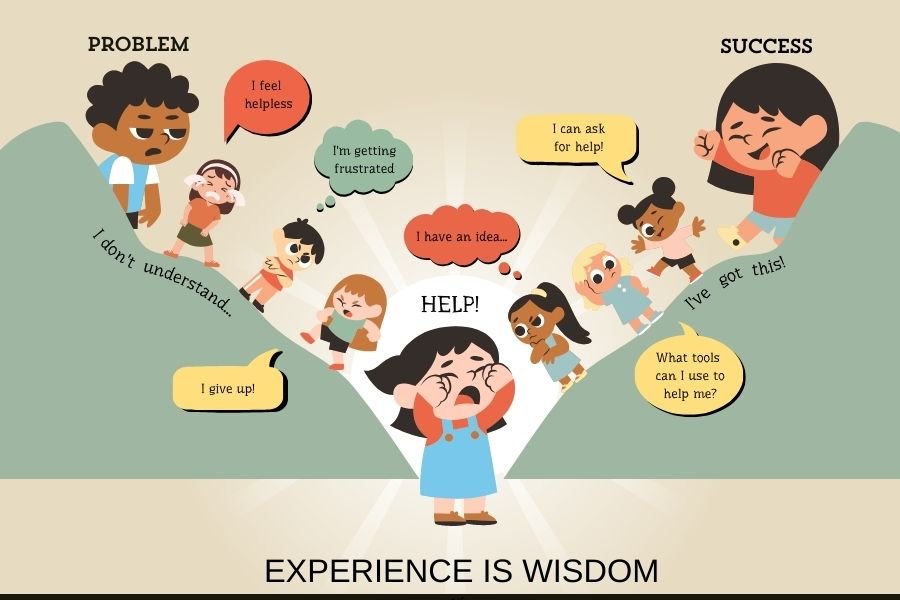Our body is like playdough; it can take any size or shape we give it. But like physical playdough, these hands are replaced by our internal and external circumstances. If all is going reasonably well with a person and they are experiencing high satisfaction from most aspects of their lives, their bodies tend to reflect that.
On the contrary, an exhausted person’s body acts differently. They are low on energy and tired. Their bodies become less accustomed to movement and become weak. When stressed, your body releases cortisol and other stress hormones, leading to increased heart rate, muscle tension, quicker breathing, and heightened alertness. As someone who has been there, I can strongly testify to the above-mentioned statements.
In May 2022, a comprehensive study in India by the Longitudinal Ageing Study in India found that 20.5% of adults aged 45 and over reported a moderate sense of isolation, while 13.3% struggled with severe loneliness.
Additionally, in February 2021, Harvard University researchers discovered a concerning revelation: 36 percent of Americans, spanning diverse demographics, admitted to experiencing severe loneliness. These findings underscore the global magnitude of the issue and reveal the pressing need to address it.
Loneliness is a common feeling among the masses. Loneliness affects a significant portion of the population. In the United States, approximately one in three people experience loneliness regularly. Globally, about 33 percent of adults report feelings of loneliness. I myself have struggled with this complex feeling. Here are some insights that i gained on its effects on our bodies:
-
- Stress and the Loneliness Link:
Loneliness often goes hand in hand with chronic stress. When we feel isolated and disconnected from others, our bodies respond by producing stress hormones such as cortisol. This chronic elevation of stress hormones can lead to increased inflammation, which is linked to various health problems, including heart disease, diabetes, and depression.
- Stress and the Loneliness Link:
- Sleep Disturbances:
Loneliness can disrupt our sleep patterns, making falling and staying asleep harder. This can lead to chronic sleep deprivation, which has a host of adverse health consequences, including mood disorders, impaired cognitive function, and weight gain.
- Immune System Compromises:
The feeling of loneliness can weaken the immune system. Loneliness has been associated with increased susceptibility to illnesses and slower recovery from diseases. The immune system’s ability to fight off infections is compromised when we are socially isolated. - Heart Health:
Loneliness is closely linked to heart health issues. People who experience chronic loneliness have a higher risk of developing heart disease. The stress-related factors, such as elevated blood pressure and inflammation, play a significant role in increasing the risk of heart problems. - Accelerated Aging:
Loneliness can contribute to the perception of aging and even accelerate the aging process at the cellular level. Research suggests that feelings of loneliness can lead to cellular changes, including shorter telomeres, which are protective caps at the ends of chromosomes. Shortened telomeres are associated with an increased risk of age-related diseases and a reduced lifespan.
Loneliness is challenging, and it affects us in more ways than we realize. But here’s the good news: we can do something about it. By recognizing the problem, nurturing our connections, and putting our emotional well-being first, we can fight against loneliness’s harmful effects.
As an individual who has battled loneliness and has seen the drastic changes that my body underwent, I can also vouch for the positive changes that have been brought about in both health, physical and mental. I feel more and more energetic every day when undertaking tasks and exercising. I feel brighter and more present. I feel the sun’s rays coming out of me and brightening my life.
But sometimes, getting there alone can be challenging. We don’t need to be alone in our journey. Antaha is an organization devoted to helping people overcome loneliness. Through its initiatives, the organization constantly tries to help us bridge the gap between ourselves and belonging. Anyone feeling lost or stuck in their journey or needs a kind person should reach out to them.
And as we move forward, let’s remember we’re all in this together. By building relationships and offering support, we improve our lives and contribute to a kinder, more connected world for everyone. If you resonate with the feeling of being alone and are tired of fighting with it, we are here to help you navigate through it and feel better. Talk to someone now.














